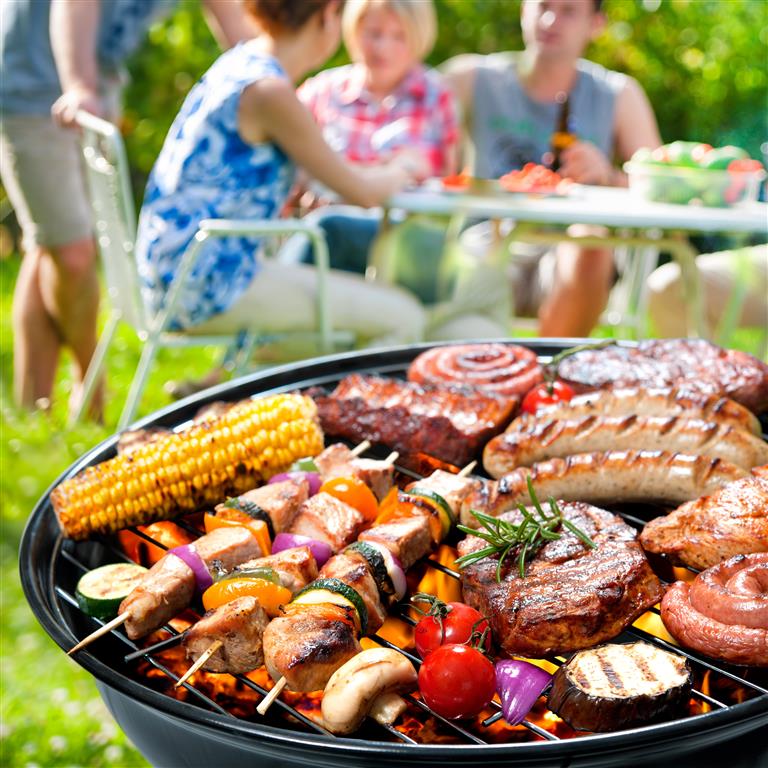Be FoodWise
Don't let your food go to waste!

We all love our food! What we’re not so keen on is seeing way too much food going to waste.
Did you know 25% of all the food we produce goes to waste?
The average Australian household wastes over $3,000 worth of food every year. That translates to more than 4,000,000 tonnes of food across the country!
As well as the lost nutrition, the vast amount of resources that go into the growing, processing, packaging and transportation of that food are also going to waste.
Where Do I Start?
Visit the End Food Waste Australia website for some simple starting tips to avoiding food waste at home.
The Do Something! FoodWise website has handy recipes to use up leftovers.
Eat Well Tasmania's Too Good To Waste website has some simple videos with tips on food preparation and storage, loving leftovers and cooking food past it's prime.
Every little bit helps. Start avoiding food waste in your home today.
Menu plan your meals for a week. Check the ingredients in your fridge and cupboards, then write a shopping list for just the extras you need.
Take your list with you and stick to it when you're in the store. Don't be tempted by offers and don't shop when you're hungry — you'll come back with more than you need.
Check that the seals on your fridge are good and check the fridge temperature too. Food needs to be stored between 1 and 5 degrees Celsius for maximum freshness and longevity.
Fruit that is just going soft can be made into smoothies or fruit pies. Vegetables that are starting to wilt can be made into soup.
Instead of scraping leftovers into the bin, why not use them for tomorrow's ingredients? A bit of tuna could be added to pasta and made into a pasta bake. A tablespoon of cooked vegetables can be the base for a crock pot meal.
When you buy new food from the store, bring all the older items in your cupboards and fridge to the front. Put the new food towards the back and you run less risk of finding something mouldy at the back of your food stores!
Serve small amounts of food with the understanding that everybody can come back for more once they've cleared their plate. This is especially helpful for children, who rarely estimate how much they can eat at once. Any leftovers can be cooled, stored in the fridge and used another day.
Buy loose fruits and vegetables instead of prepacked, then you can buy exactly the amount you need. Choose meats and cheese from a deli so that you can buy what you want.
If you only eat a small amount of bread, then freeze it when you get home and take out a few slices a couple of hours before you need them. Likewise, batch cook foods so that you have meals ready for those evenings when you are too tired to cook.
Some food waste is unavoidable, so why not set up a compost bin for fruit and vegetable peelings? In a few months you will end up with rich, valuable compost for your plants. Some ingredients shouldn't go in your compost such as meat, fish and dairy.
Find out how to get started with the SA Government's Beginners Guide to Composting.
Don't have a home compost? Recycle your food scraps in the green bin.
They can be wrapped in newspaper or you can use your Food Scrap Basket. This small basket is free from Council and can sit on your bench or under the sink, lined with a compostable bag that can be dropped straight into your green bin to be composted at a commercial facility.
